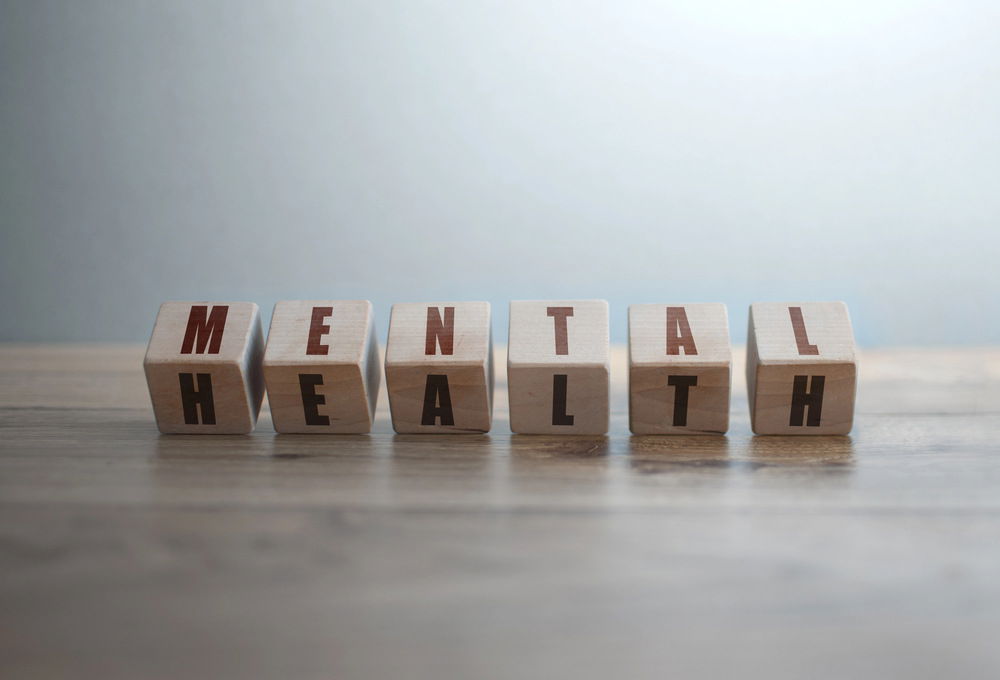Sometimes, it’s not about “getting help”—it’s about finding the right kind of help. The kind that doesn’t talk over you, rush you, or make you feel like a case file instead of a person. And let’s be honest: that search can feel exhausting. It’s not just about qualifications or degrees. It’s about whether the person you’re talking to actually gets it—your stress, your spirals, your silence. If you’re about to start looking for that kind of care, there’s a lot to think about that no one really lays out clearly. Let’s change that.
You Don’t Have To Be At Rock Bottom To Start Looking

A lot of people wait until things feel totally unmanageable before they reach out. But needing support doesn’t mean you’re broken. It means you’re human. Some people want help processing past stuff. Others want strategies for handling burnout or racing thoughts that never shut up. And yes, sometimes there’s a deeper storm brewing—anxiety, depression, panic that’s taken over your mornings. But waiting until you’re in freefall makes it harder to find someone who actually fits you, instead of just whoever’s available. Starting earlier gives you space to choose, not just react.
You’re allowed to want someone who helps you feel better before things get unbearable. That’s not weakness—it’s smart. And there’s no one-size-fits-all solution, either. What works for one person might feel totally off for someone else.
It’s Not Just Talk Therapy Anymore
The days of lying on a couch talking about your childhood while someone nods quietly are kind of over. Yes, talk therapy still helps a lot of people—but more and more, mental health care is mixing in different approaches. Some providers are also licensed to prescribe medication. Others may use short-term therapies that focus on patterns or behavior shifts. Some help manage more complex conditions with a combination of treatments.
And here’s the kicker: even weight loss affects mental health. Hormonal changes, body image, nutrition—all of it plays into your mood, your energy, your sleep. That’s why working with someone who understands the whole picture matters. If your provider doesn’t ask about the stuff happening in your body, your habits, your sleep, your stress… they’re not seeing the full you. Mental health isn’t separate from everything else—it’s tangled up in it.
When You’re Ready To Start Looking, Here’s What Actually Matters
Whether you’re looking for a psychiatrist in Plano, D.C. or anywhere in between, you want someone who doesn’t just check boxes—they need to check in. Pay attention to how they talk, not just what they say. Do they ask questions that show they’ve really listened? Do they explain things in a way that makes sense to you? Do you feel like you’re in the room with someone who actually wants to help, or someone just waiting for the hour to end?
Credentials matter, yes. But trust your gut. If someone makes you feel rushed, dismissed, or small, you don’t have to stay. You’re allowed to shop around. You’re allowed to ask for a phone consultation. You’re allowed to say, “This doesn’t feel like the right fit.” Because this is about your mind. Your peace. Your life.
Sometimes the right person shows up right away. Sometimes it takes a few tries. But once you find someone who makes you feel seen? It changes everything.
Insurance May Be The Least Helpful Part Of This
You’d think insurance would make this part easier. And sometimes, it does. But a lot of the time, the names your plan gives you are outdated or booked for the next three months. That’s not on you—it’s just how the system works right now. But don’t stop looking.
Start with your network. Ask friends, coworkers, people you trust. You don’t need the whole story—just a name and why they liked them. Search local directories. Check for private practices, community clinics, telehealth options. Some providers offer sliding scale rates or help finding lower-cost care. Others may not take insurance but give you paperwork to get reimbursed. It’s not always easy, but don’t let the system make you feel like you’re out of options. You’re not.
Your Culture, Background, And Beliefs Aren’t “Extras”

Mental health isn’t a blank slate. It’s shaped by how you grew up, what you believe, who you trust, what your family taught you about emotions. If your provider ignores that—or worse, tries to talk you out of it—it can make the whole experience feel off.
You deserve someone who respects your context. Someone who understands that what feels helpful to them might feel uncomfortable to you. Someone who doesn’t act like they know better just because they’ve read some books. This stuff gets personal fast. And when it does, it helps to have someone who doesn’t need everything explained from the ground up.
Whether it’s your culture, your religion, your race, your gender, or something else that shapes your view of mental health, those things matter. Don’t feel like you have to leave them outside the door to get help.
It’s Okay To Change Your Mind
Maybe you found someone who seemed great on paper. Maybe the first few sessions felt fine. But something’s shifted. Or something’s not clicking anymore. That’s not failure. That’s growth. Sometimes your needs change. Sometimes the vibe changes. You don’t owe loyalty to someone who isn’t helping you anymore.
Give it a little time—getting comfortable takes a few sessions. But if you’ve been trying for a while and still feel stuck, you’re allowed to move on. It’s your care. You get to choose how it goes.
Finding the right help can feel messy. It might take more time than you hoped. But when you finally land on someone who gets you—really gets you—it’s worth it. Keep going until you find that. You’re not being picky. You’re being real.




















